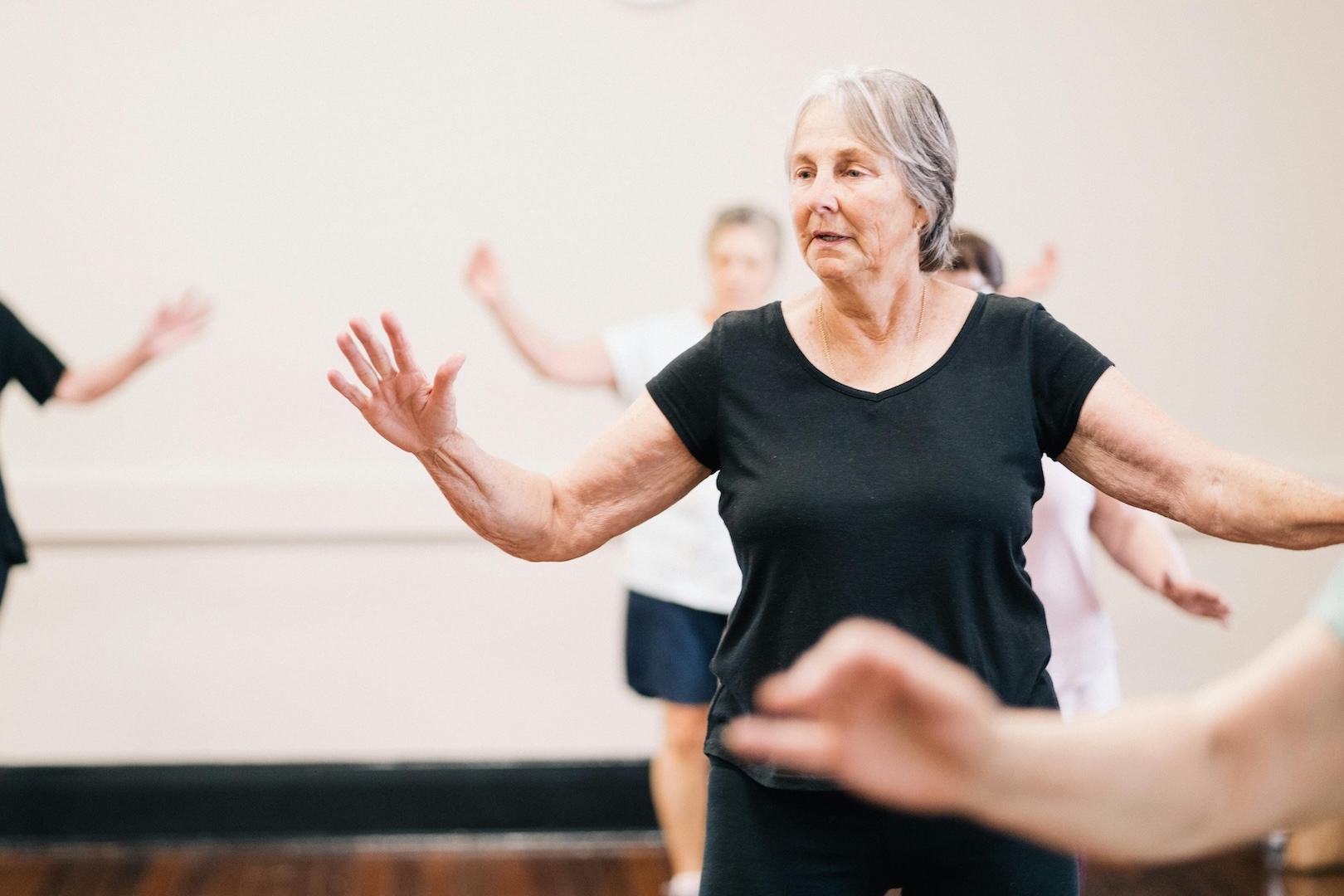The Transformative Power of Al in Allied Health Care
Artificial intelligence (AI) is rapidly reshaping the landscape of allied health care, bringing new possibilities for patient outcomes, operational efficiency, and professional satisfaction. While AI’s impact in medicine and nursing is well documented, its adoption across allied health professions—such as physiotherapy, occupational therapy, speech pathology, dietetics, and podiatry—is accelerating, with profound implications for both practitioners and patients.
What Is Allied Health?
Allied health encompasses a diverse group of professionals who provide essential therapeutic, diagnostic, and support services. These roles are critical in rehabilitation, chronic disease management, mental health, and preventive care, working alongside doctors and nurses to deliver holistic patient care.
Key Applications of Al in Allied Health
1. Enhanced Diagnostics and Decision Support
AI algorithms can analyse complex medical data, such as imaging, lab results, and electronic health records, to assist allied health professionals in diagnosing conditions and developing treatment plans. For example, AI-powered tools can interpret MRIs and X-rays with remarkable accuracy and speed, aiding physiotherapists and radiographers in early and precise diagnosis.
2. Workflow Optimisation
Administrative tasks—like appointment scheduling, billing, and documentation—are often time-consuming. AI-driven automation streamlines these processes, reducing the burden on clinicians and allowing them to focus more on direct patient care. Automated reminders and smart scheduling systems help minimise missed appointments and improve service delivery.
3. Personalised Care and Remote Monitoring
AI enables the analysis of patient histories, genetics, and lifestyle data to tailor treatment plans to individual needs. In rehabilitation, wearable devices powered by AI monitor patient progress in real time, allowing therapists to adjust interventions dynamically for optimal recovery. Remote monitoring tools also extend care to patients in rural or underserved areas, increasing accessibility and continuity.
4. Patient Education and Communication
AI-powered chatbots and virtual assistants provide patients with instant access to information, answer routine queries, and support self-management between appointments. This not only enhances patient engagement but also frees up clinicians’ time for more complex interactions.
5. Research and Professional Development
AI tools help allied health professionals stay up to date with the latest research, analyse large datasets, and contribute to evidence-based practice. By automating literature searches and data analysis, AI supports ongoing professional development and innovation within the field.
Opportunities and Challenges
The potential benefits of AI in allied health are significant:
- Improved accuracy in diagnosis and treatment planning.
- Greater efficiency in administrative and clinical workflows.
- Personalised, data-driven care for better patient outcomes.
- Expanded access to services, especially through telehealth and remote monitoring.
However, challenges remain. Many allied health professionals report limited knowledge and experience with AI, highlighting the need for targeted education and training. There are also concerns about data privacy, algorithmic bias, and the risk of diminishing the human connection central to therapeutic relationships.
The Road Ahead
AI is not a replacement for the empathy, creativity, and hands-on expertise of allied health professionals. Instead, it is a powerful tool to augment their capabilities, streamline workflows, and ultimately improve the quality of care. As the technology evolves, proactive engagement, ethical considerations, and ongoing collaboration between clinicians, technologists, and educators will be vital to harnessing AI’s full potential in allied health.
The future of allied health care is undeniably intertwined with AI. Embracing this transformation will empower practitioners to deliver more effective, efficient, and compassionate care, benefiting both patients and the broader health system.
References
- https://pmc.ncbi.nlm.nih.gov/articles/PMC11927405/
- https://ahpworkforce.com/models-of-care/ai-for-allied-health/
- https://www.careers360.com/courses/articles/ai-and-machine-learning-in-allied-healthcare
- https://australian.physio/inmotion/innovation-hand-ais-impact-physiotherapy
- https://www.everbility.com/blog/archive/chatgpt-healthcare-allied-health-assistant
- https://orsgroup.com.au/ai-and-allied-health-the-future-is-now/
- https://www.linkedin.com/pulse/how-ai-revolutionising-allied-health-service-delivery-ahp-workforce
- https://pubmed.ncbi.nlm.nih.gov/39753215/
- https://pmc.ncbi.nlm.nih.gov/articles/PMC11730220/
- https://www.publish.csiro.au/AH/AH25064
- https://www.linkedin.com/pulse/ai-allied-health-inevitable-evolution-barry-t-nguyen-9dpkc
- https://formative.jmir.org/2024/1/e57204



